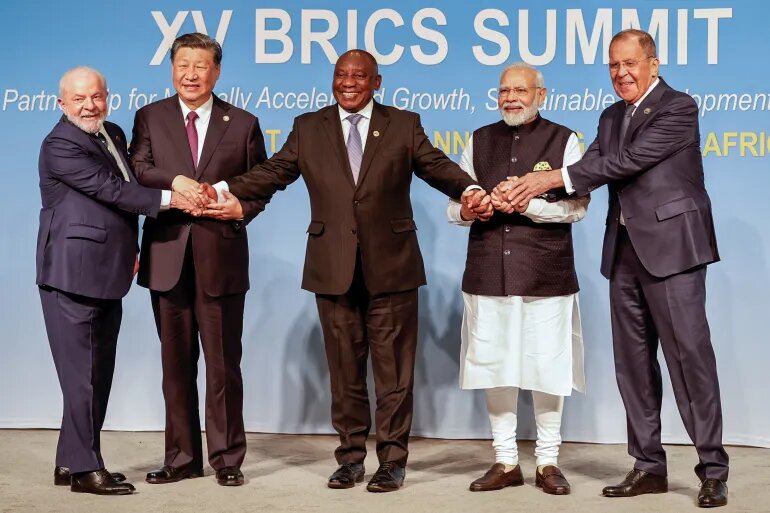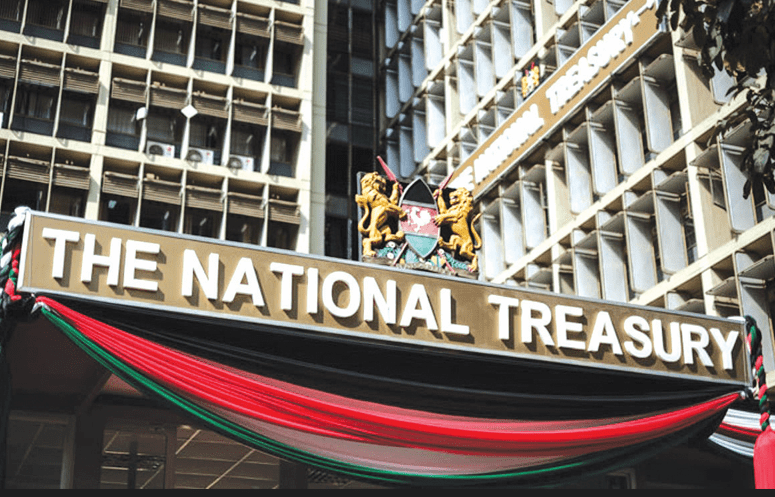China’s Global South leadership bears fruit

One would be forgiven to think that the rest of the world has just realised about the plight of the developing world.
In the last several months, different global forums have been held to discuss ways of including the Global South in international affairs. Apparently, the world was quietly following China’s increasingly successful engagement with developing countries. As the largest developing country, and second largest global economy to boot, its membership in key Global South development forums has given much needed leadership to countries that need to emerge from the economic doldrums.
China was instrumental in the recent admission of six African countries into the leading Global South development group comprising, in addition to itself, Brazil, Russia, India and South Africa (BRICS). This is expected to give development countries a bigger voice in bodies like the World Trade Organisation. During the BRICS 2023 summit held from August 22 to 24, it was decided that Argentina, Egypt, Ethiopia, Iran, Saudi Arabia and the United Arab Emirates be invited to join the coalition starting January 1, 2024.
In another major development, the African Union became a permanent member of the Group of 20 (G20) during the summit of the most powerful economies in the world held from September 9 to 10 In New Delhi, India. This will amplify the voice of African countries in the global scheme of things.
China was supportive of Africa’s G20 membership as first proposed by US President Joe Biden, and subsequently by India’s Prime Minister Narendra Modi.
One of the flagships of China’s symbiotic partnership with developing countries is the Forum on China-Africa Cooperation (FOCAC). The Forum, which comprises China and 53 African nations, was established in 2000 as a unimultilateral partnership with the aim of strengthening cooperation between the partners. FOCAC has catalysed African countries through close trade ties and massive infrastructural development supported by China.
The just-concluded Group of 77+China meeting held in Cuba from September 15 to 16 also highlighted China’s crucial role in the Global South. China has provided political and financial support to the group since 1994. The G77 was founded in June 1974 by 77 non-aligned countries with the aim of promoting the common interests of its members, strengthen their economic interests, and create greater joint negotiating capacity in the United Nations.
China stressed the need for developing countries to promote new drivers for their development, focusing on cooperation in areas such as food security, poverty reduction, industrialisation, green development, digital technology and artificial intelligence. The country is committed to “work with G77 members to build a Global South community with a shared future, and usher in a new era of common development.”
The theme for this year’s UN Day of South-South Cooperation marked on September 12, “Solidarity, Equity and Partnership: Unlocking South-South Cooperation to Achieve the SDGs”, underscored the integral role played by developing countries in global development.
In a regular press briefing on September 13, China’s Foreign Ministry noted that China has actively worked to promote South-South cooperation in areas such as poverty alleviation, food security, agricultural technology, public health, industrialisation and climate change, thereby contributing to global growth in the process of its own development.
In October, China will host the 10th anniversary of its brainchild, the Belt and Road Initiative. This “project of the century”, as President Xi called it in May 2017 during a two-day BRI international summit, has brought together more than 150 countries. The BRI has been an in-frastructural and socioeconomic game-changer for many developing countries across the world.
China’s solidarity and camaraderie with developing countries is solid as evidenced by the many presidents and heads of state that are hosted by Chinese President Xi Jinping every year, and the customary New Year visit to Africa by the sitting Foreign Minister for three decades.
— The writer is a PhD candidate in International Relations











